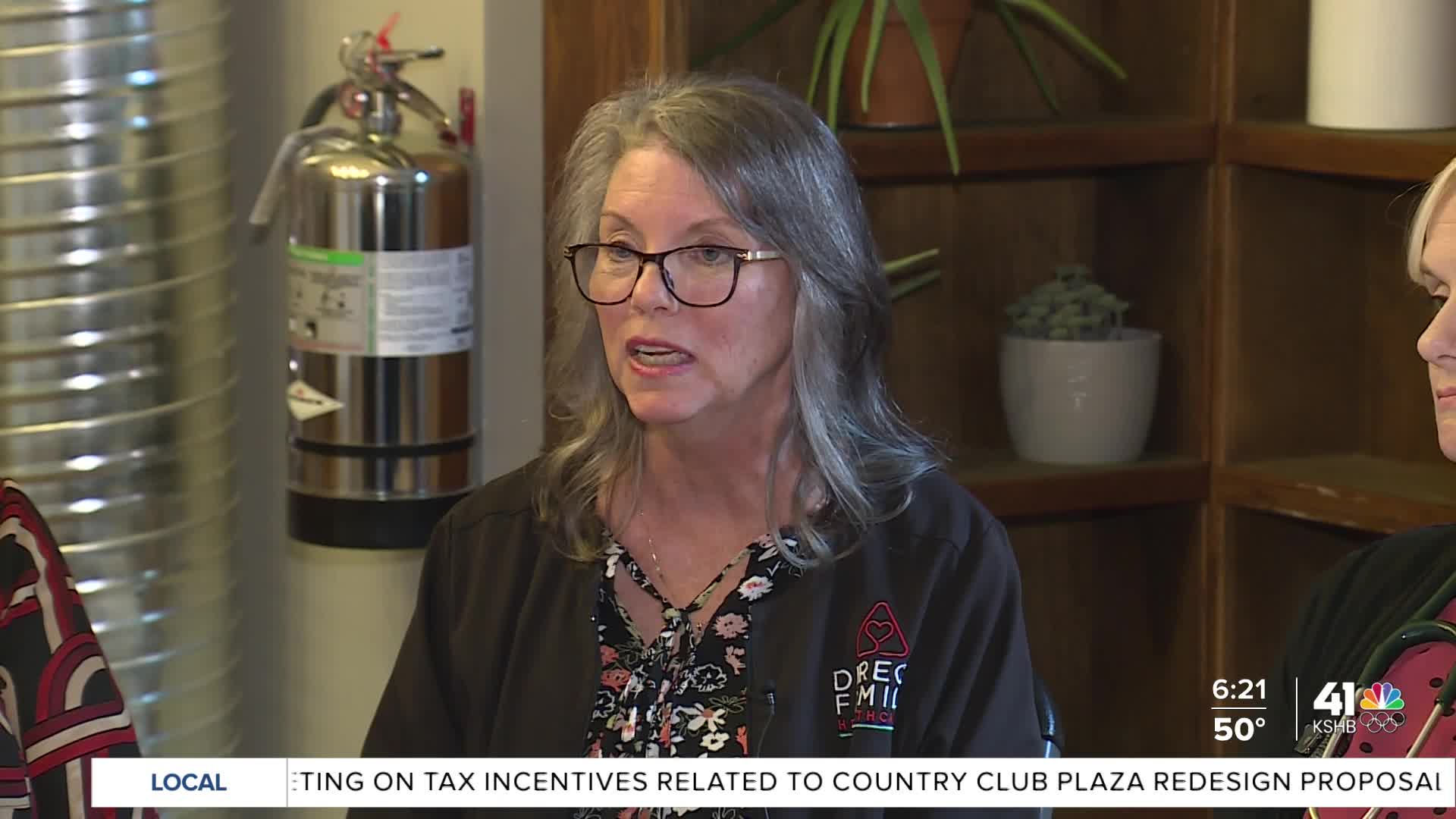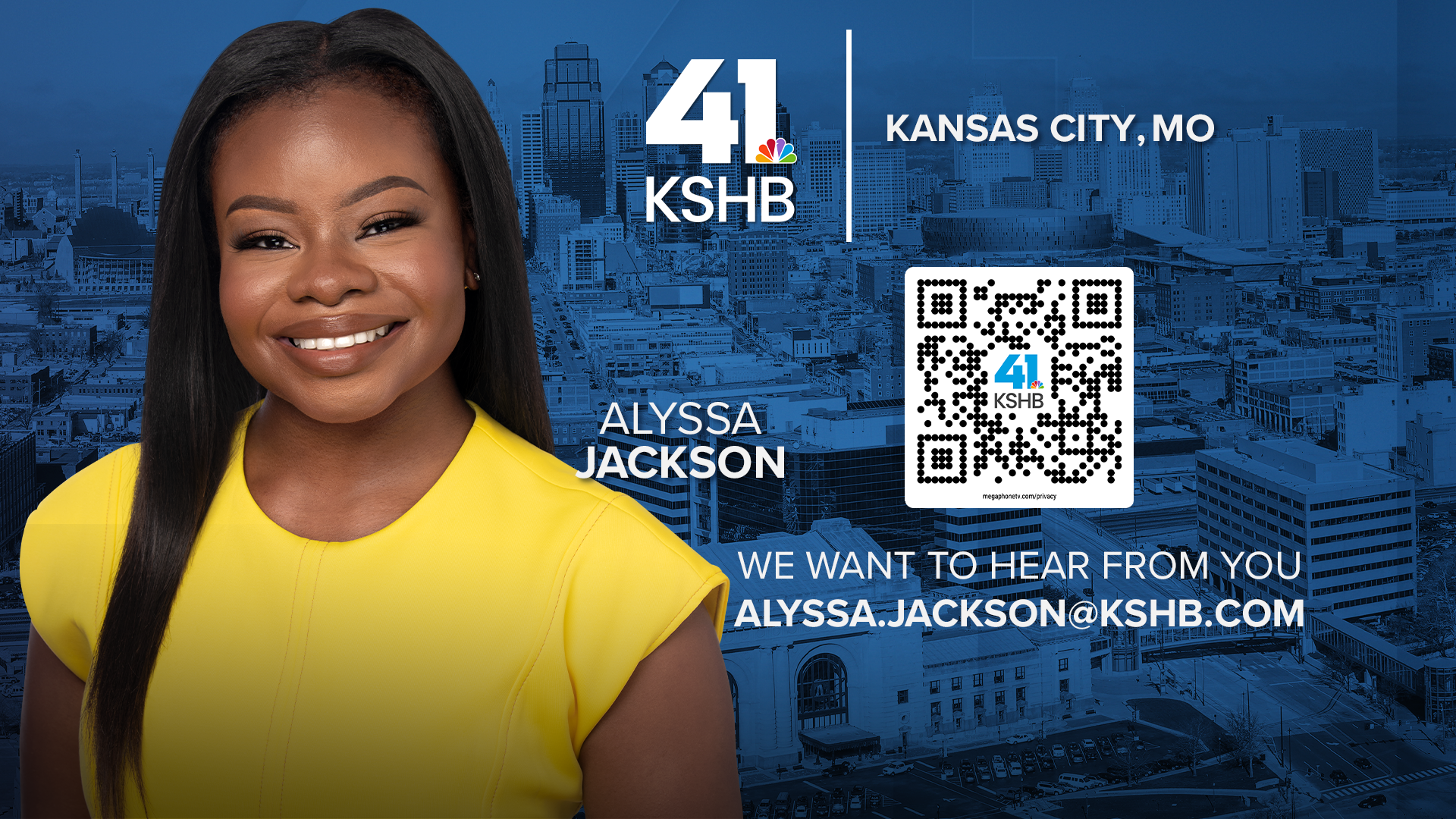KSHB 41 reporter Alyssa Jackson covers Kansas City, Missouri. Share your story idea with Alyssa.
—
Practicing nurses are questioning the Trump administration's efforts to reduce the cost of education.
Three nurse practitioners in Harrisonville — Katie Smith (APRN, FNP-BC, PMHNP-BC), Renee Endicott (DNP, APRN, FNP-BC) and Melinda Lacy (MSN, APRN, FNP-BC) — told KSHB 41 reporter Alyssa Jackson those decisions come with their own cost.
The group spent a combined 22 years in school pursuing advanced nursing degrees.
"It's a passion," Smith said. "It's a part of who you are."
Nursing unions, students and professionals recently expressed frustration with being excluded from the Department of Education's list of professional degrees.
Nursing is one of the specialties that has never been included on that list, created decades ago.
While it's not an all-inclusive list, it only references:
- Veterinary medicine (D.V.M.)
- Chiropractic (D.C. or D.C.M.)
- Law (L.L.B. or J.D.)
- Medicine (M.D.)
- Optometry (O.D.)
- Osteopathic medicine (D.O.)
- Podiatry (D.P.M., D.P., or Pod.D.)
- Theology (M.Div., or M.H.L.)
The Department of Education is now using that list to cap the amount of loans students can borrow under the “Big Beautiful Bill,” which passed earlier this year.
"You're looking at $30,000 to $40,000 to get your bachelor's, then another $35,000 to get a master's, then you get a doctorate and add on even more," Endicott said.

Students in pursuit of some advanced degrees can't borrow more than $100,000 in federal student loans.
The same goes for professions like physical therapy, physician's assistants and audiology programs.
That's $100,000 less than those seeking "professional degrees."
Most nursing students won't be affected by the new caps, according to the Department of Education, and current students impacted will be grandfathered in.
"It will limit the pool of people who can afford to become providers and even nurse educators," Endicott said.

Some of the practicing nurses shared their degrees cost more than the $100,000 limit.
Smith went back to school within the past five years to specialize in psychiatry. The total price tag on her education was roughly $150,000.
"If I had already maxed out my ability with my first two degrees, I would not have gone back again and been able to serve the community," Smith said.
According to a spokesperson for the Department of Education, the Trump administration is trying to drive down the cost of programs with these changes:
"We expect that institutions charging tuition rates well above market prices will consider lowering tuition thanks to these historic reforms."
Still, the Harrisonville women believe the future of nursing will be changed.
"If this is minimized, there will be less who want to do that if they don’t think the funding will be available to them," Lacy said. "It really just hurts health care altogether."
—





